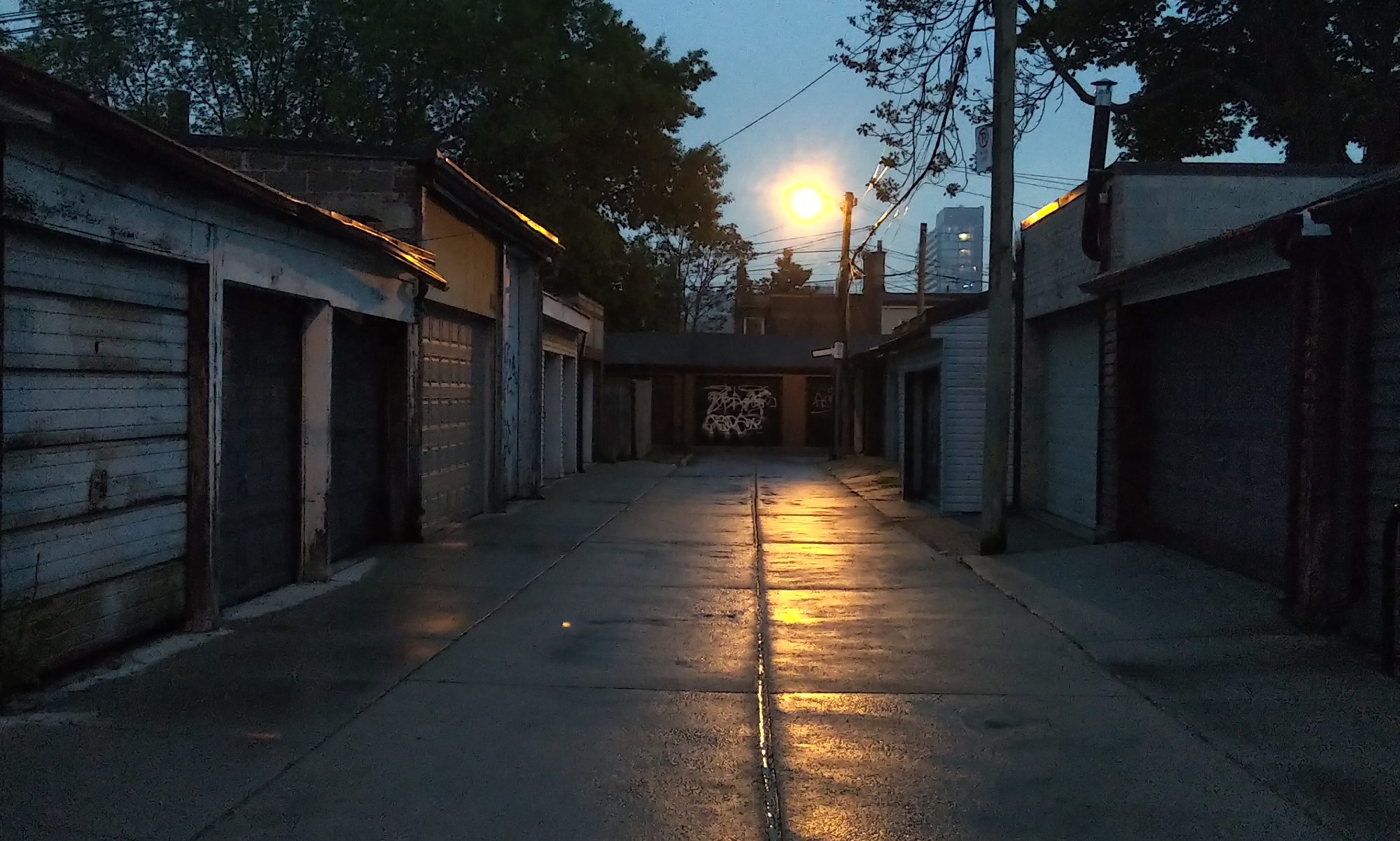A while back, I read a lovely piece about David Sylvian, vocalist with 80s new wave band Japan and an accomplished solo artist, and was struck by an observation he made, reflecting upon hearing a track by ambient artist Christian Fennesz:
‘What I liked about his work is that there’s a melodicism to it. It wasn’t all sample manipulation. lt really had a heart to it somewhere. I was talking to Ryuichi [Sakamoto] about two years ago and he said, “Do you still listen to music?” I said, “Well, I still tend to buy a lot of music and I listen to a fair amount of it. But I’m not touched by it. I’m not moved by it.” He said, “Yeah, that’s right. It’s just a process of education. It’s a means of finding out what is now possible with this or that technology. You’re no longer listening to music. You’re doing research.” And what I liked about Christian’s work is that there it all was: modern technology, but in the service of the heart. I always come back to the heart.
There are two things that stood out to me in this passage. The first was Sylvian speaking about how his relationship with music had changed. So, first, I suppose it needs to be contextualized that when someone is working in a creative field they should (unsurprisingly) not only be affected by but also actively familiarizing themselves with other artist’s works. The problem is that, after a number of years/decades, it can feel as if everything has been done. Note Ryuichi Sakamoto‘s question; it’s not Have you heard anything good lately. His question is distressing: Do you still listen to music? It raises the spectre of a rupture between an artist and their craft. Sylvian’s answer and Sakamoto’s response, while relieving also point to a sense of being lost. “Yeah,” says Sakamoto, referring to his listening habits, “that’s right. It’s just a process of education. It’s a means of finding out what is now possible with this or that technology. You’re no longer listening to music. You’re doing research.” In other words, the naive curiosity which can be so important for any artist has become dormant. Yes, you are still listening to music, but it’s become reference material; a question of keeping up; who’s doing what with which device.
I have not become anesthetized to music, and the reason for this is most likely because I am not a professional in that industry, and I’m thankful for this. I do relate to this situation with respect to TV and film however. Having gone to school and eked out a career in televised programming followed by long-form motion pictures, it became second nature to watch (and deconstruct) a wide variety of works. And having worked in the sausage factory for 20 years I must admit to feeling a resonant frequency with regards to moving pictures at least, reading Sylvian’s conversation with Sakamoto. Yes, I’m still watching shows and movies, but am I affected by them or am I simply filling in time with reference material? Let’s just say that I am not easily affected these days.
Which brings me to the second thing about this passage: deliverance. In coming across the track from Christian Fennesz, Sylvian seems to rediscover something. Cliché though it may sound, there is the sense of having faith restored. And who could not be struck by something that, while technically accomplished, is “in the service of the heart”? In other words, there is honesty in this work, and depth. Something that is ultimately restorative and worthy of kick-starting another artist’s relationship with their work once more.
I share this because it’s good to share stories of inspiration, and good to admit that sometimes inspiration can be hard to find.

